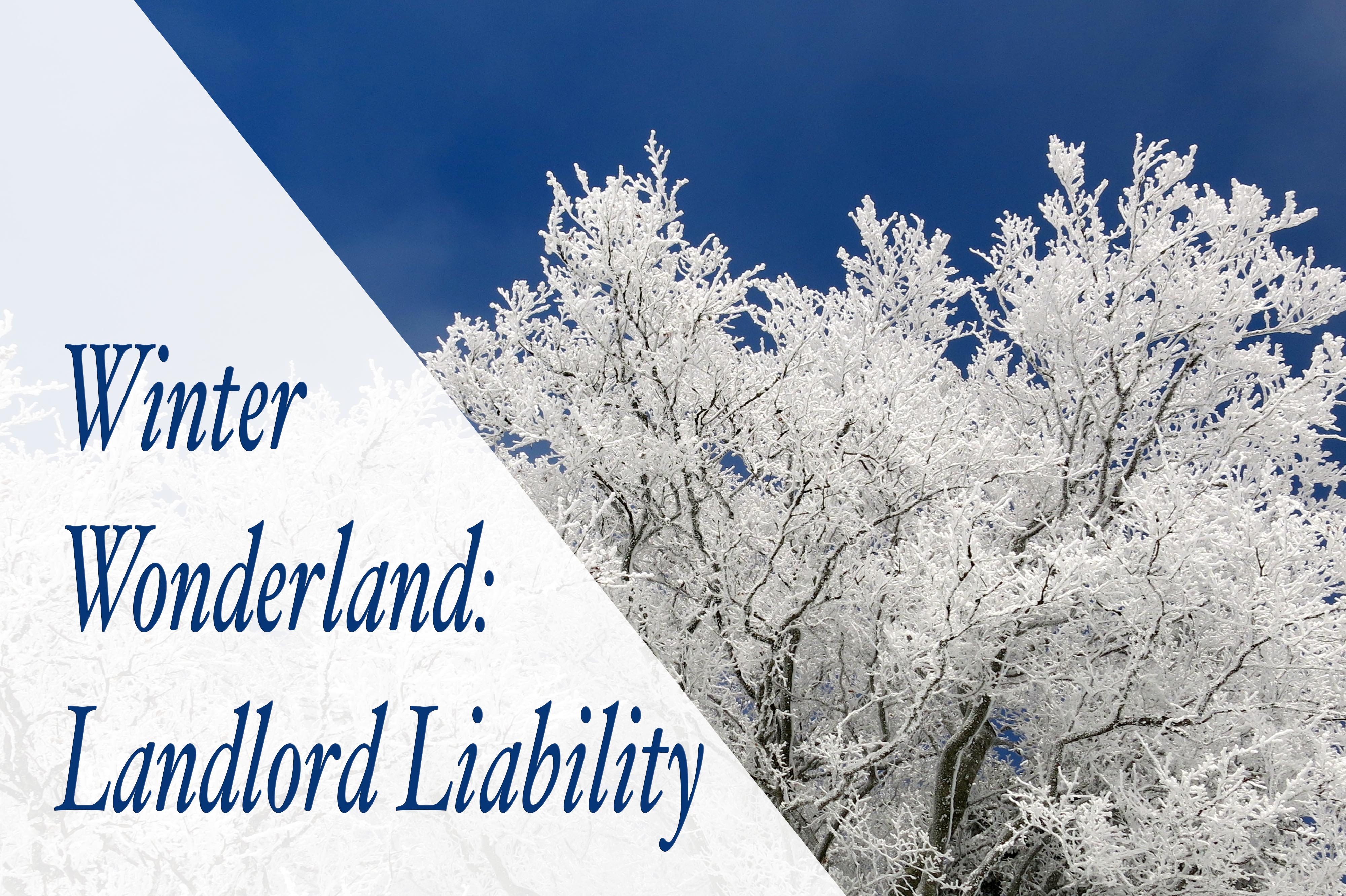
Winter has hit Utah with full force this Presidents Day Weekend. The snow has brought around some much-needed water for the state, but it has also brought many questions with it. Hopefully, this can help answer a few of them...
Furnaces & Heating Systems:
It always seems like the furnace will stop working on one of the coldest days of the year. But who is in charge of the repairs? Generally, this responsibility lands on the landlord/management. In Utah, the furnace would fall under a fit premises condition. The landlord/management should start repairs as soon as they can. If it looks like it will take a week to get the HVAC repair company out to the property, there are ways to help mitigate any problems. Space heaters or an alternate form of heat can be provided and used until the system can get back up and running.
Snow Removal:
So who is in charge of removing all that wonderful white snow? This is usually broken down in the lease or rental agreement. Be sure to review this with any tenants, so that there aren't any unanswered questions that would be open to misinterpretation.
Large complexes usually handle the snow removal in the parking lots and sidewalks at the expense of the owner and/or management company. Personal areas such as patio's and doorways are another story. These areas are sometimes left as a tenant responsibility. The Lease/rental agreement will spell out the fine details of the area's that the tenants are responsible for. It is also important to remember that no amount of snow removal and salt melt can makeup for common sense. Walk slowly, watch for black ice, and be careful. No one wants anyone to slip and get hurt.
In smaller rentals or single family homes, these specifics should be written into the lease. Most commonly, the tenant is responsible for the removal of snow from the driveways and sidewalks. It is important for the management/owner to explain to the tenant that they have the responsibility. If they fail to shovel the sidewalks the owner could be fined by the city (depending on city code enforcement). The tenant ultimately could be responsible for that fine, but it is still a hassle for everyone involved.
Plumbing:
One all-too-common occurrence in the winter is that a pipe has frozen, broken and burst. In this situation prevention is key. Adding to the lease the minimum temperature that a rental should be kept at can save a lot of problems. If you have a rental that happens to go vacant over the winter months, be pro-active and make sure that the utilities are on and the thermostat is set to keep the pipes from bursting.
Most lease agreements will ordinarily state that the apartment/home must have heat (gas). If a tenant happens to leave on vacation and turn the heat below a regular temperature, or fail to pay the gas bill, and the pipes to freeze, it would be the tenant's responsibility to pay for the damages. Commonly this would be paying the deductible on the insurance to cover the repairs. Sadly, owners insurance policies don't customarily cover the tenant's belongings, so the home may be repaired, but their property is not covered.






